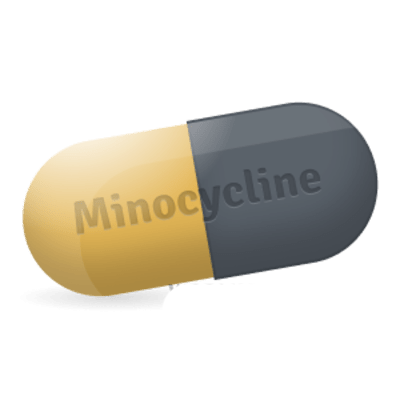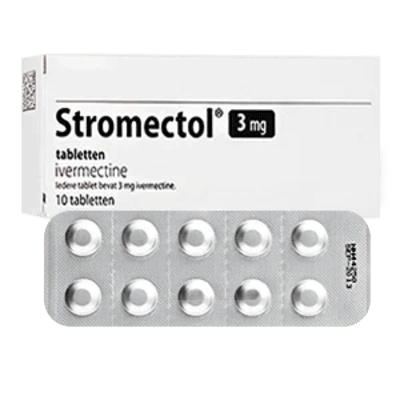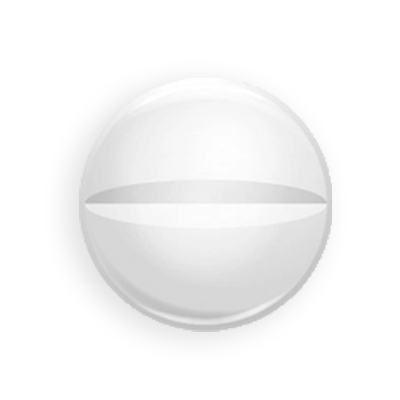Antabuse has been my salvation from years of addiction. The terrible feeling when trying to drink makes you think twice about the risks. Now I pay more attention to my health and enjoy life without alcohol.

Antabuse
- Quality products
- Support 24/7
- Fast delivery
What is it?
Antabuse, also known as Disulfiram, is a medication developed to combat alcoholism. The basic principle of this drug is that it causes extreme unpleasant sensations when drinking alcohol, thereby promoting aversion to its intake. Antabuse is widely used in rehabilitation programs, in which the combination of drug support with medical supervision and psychological counseling can significantly increase the chances of successful recovery. This drug can also be used for other purposes under the guidance of a health professional.
Composition
The composition of Antabuse includes an active substance called Disulfiram, which is the main component that provides the effect of the drug. In addition to Disulfiram, the composition may include auxiliary components that play a role in the basic functioning of the tablets and their stability, for example, fillers and binders. Despite the apparent simplicity of the composition, it is important to consider the interaction of Disulfiram with alcohol and its effect on the body.
- Disulfiram
- Fillers
- Binders
These components in combination ensure the effective perception of Antabuse by the body, starting from its intake and until the desired therapeutic effects are achieved. Each of the substances has its own role in ensuring that the drug will act exactly as planned.
How to use?
The use of Antabuse requires strict adherence to rules and recommendations, which is especially important to achieve the desired result. This medication is taken orally with enough water to facilitate its rapid absorption. It is necessary to strictly adhere to the prescribed regimen to avoid side effects.
- Take the tablet with a full glass of water.
- Do not take the medicine earlier than 12 hours after your last alcohol intake.
- Take the medicine regularly, following the established schedule.
- Do not increase the dose without the advice of a doctor.
It is important to note that before starting to use Antabuse, you will need to consult a doctor to exclude possible contraindications and ensure safe use.
How does it work?
The mechanism of action of Antabuse is based on the inhibition of the enzyme acetaldehyde dehydrogenase in the body. Taking the drug blocks this enzyme, which leads to the accumulation of acetaldehyde in the body - a toxic metabolite of alcohol, responsible for many unpleasant symptoms when consuming alcohol. This causes reactions such as flushing, nausea, vomiting and tachycardia, causing the person to experience severe discomfort.
The effect of Antabuse on alcohol metabolism contributes to the formation of a negative experience associated with alcohol consumption in the patient. This becomes an important factor in the desire to avoid alcohol, thereby helping to strengthen the psychological attitude towards a sober lifestyle. In addition, thanks to an integrated approach to treatment, the effect of Disulfiram can be supplemented with psychotherapeutic support and counseling.
The situations and contexts of Antabuse use are significantly expanded if we consider its ability to cause negative reactions even when consuming products with a minimal alcohol content. This makes it especially valuable in supporting complete abstinence from alcohol.
Indications
Indications for the use of Antabuse include a wide range of diseases and conditions associated with chronic alcoholism. The main moments when this drug can be especially useful are related to the need for stable and long-term abstinence from alcohol under medical supervision in combination with psychotherapy.
- Chronic alcoholism
- Sobriety support for patients in rehabilitation centers
- Complex therapy for cessation of alcohol consumption
The use of Antabuse allows you to create conditions in which the patient voluntarily avoids alcohol due to the expectation of unpleasant consequences. This is especially useful in long-term addiction treatment programs and monitoring the dynamics of recovery.
Contraindications
Contraindications for the use of Antabuse play a key role in ensuring the safety and effectiveness of treatment. There are certain medical conditions in which taking this drug may not be safe.
- Liver or kidney failure
- Serious cardiovascular disease
- Allergy to Disulfiram and other components of the drug
- Recent alcohol intake
- Epilepsy and seizures
A careful study of contraindications helps to avoid adverse outcomes and make an informed decision about starting therapy with Antabuse.
Side effects
Like any medicine, Antabuse may have side effects that you should be aware of so that you can take the necessary measures in a timely manner and minimize their impact on your overall health.
- Allergic reactions, such as rash or itching
- Changes in vision or sense of orientation
- Rapid pulse, flushed skin
- Metallic taste in the mouth
- Dizziness and drowsiness
Some of these reactions may require medical intervention, while others may disappear on their own. It is important to monitor your condition and do not hesitate to contact your doctor for advice.
Frequently asked questions
Antabuse Reviews and Experiences
After I started taking Antabuse, I realized how seriously it affects the body. It was worth drinking just one glass of wine, and I experienced all the delights of the side effect in full. This irrevocably changed my attitude to alcohol.
For me, Antabuse has become part of a rehabilitation program at an addiction treatment center. The drug helps me stay away from alcohol, and the support from doctors and therapists makes the recovery process more comfortable and confident.









